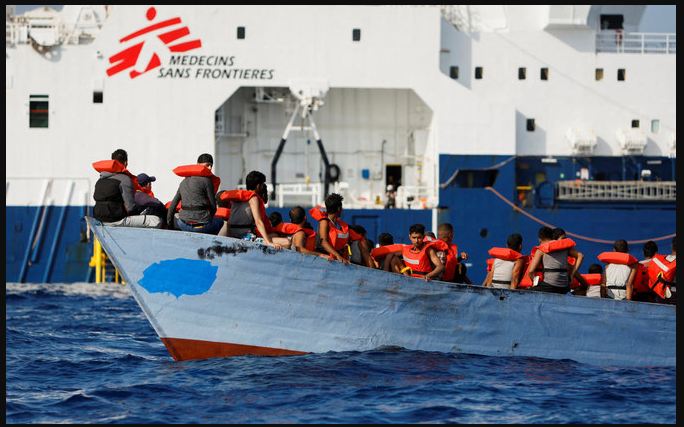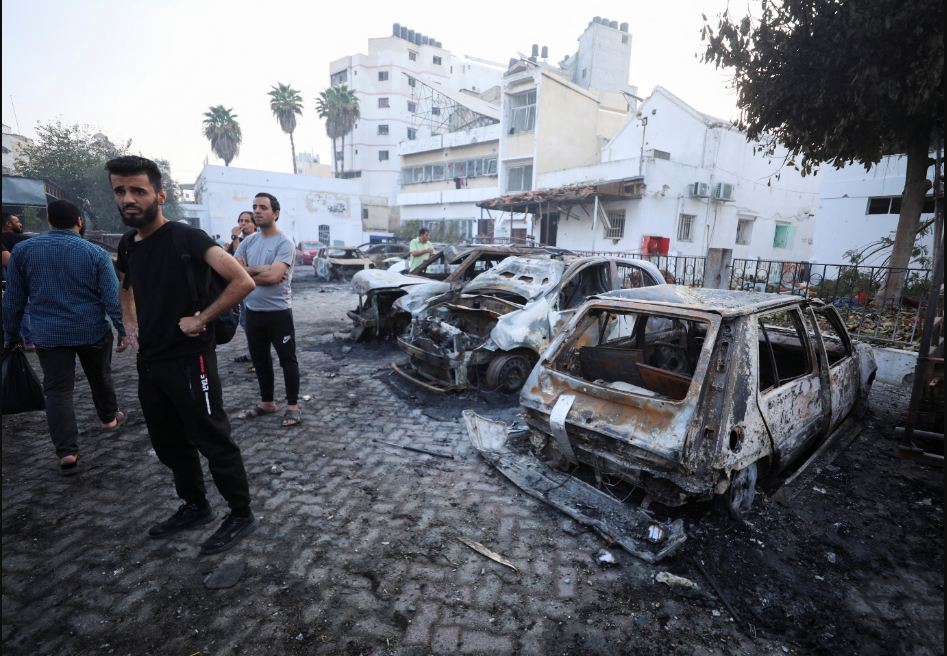258 migrants are saved by NGO rescue ship in two operations off of Libya
Nonprofit rescue ship, Geo Barents, operating off the coast of Libya, conducted two separate operations in the early hours of Friday morning, saving a total of 258 migrants. The first rescue involved a 7-meter-long wooden boat carrying 162 migrants, including women and minors. The boat lacked navigation systems and was overcrowded, with many migrants confined to a cramped area below deck. The second rescue involved 96 people, including nine children, on a similar wooden boat.
Flavia Conte, the rescue coordinator for Doctors Without Borders onboard the Geo Barents, reported that the migrants had spent hours at sea in precarious conditions. The rescue ship has previously discovered deceased migrants in similar areas of boats due to inadequate ventilation. The migrants rescued in these operations were primarily Syrians and Egyptians.
Following the rescues, the Italian Maritime Authority instructed the Geo Barents to transport the rescued individuals to the port of Salerno, near Naples, which is approximately 400 kilometers away from their current location. This directive has raised concerns as it keeps rescue ships away from the area where they are most needed. Flavia Conte expressed apprehension that such measures could lead to more unsafe crossings, deaths, interceptions, and returns to Libya.
Doctors Without Borders recently released a statement denouncing the inaction of governments that contribute to the loss of lives at sea. According to statistics from the Italian Interior Ministry, approximately 136,000 people arrived in Italy as of October 6, a significant increase compared to the same period in the previous year when 72,000 arrivals were recorded.
Italian Prime Minister Giorgia Meloni, who is currently attending a summit in Granada, Spain, has been engaging with European leaders to discuss migration issues. Meloni has emphasized the need for increased support from other countries as Italy grapples with the rising influx of migrants. She has pledged to implement “extraordinary measures” to address the situation.
The ongoing rescue operations highlight the continued challenges posed by irregular migration across the Mediterranean and the strain it places on countries like Italy. As the number of arrivals increases, there is a pressing need for international cooperation and comprehensive solutions to ensure the safety and well-being of migrants and address the root causes of migration.



